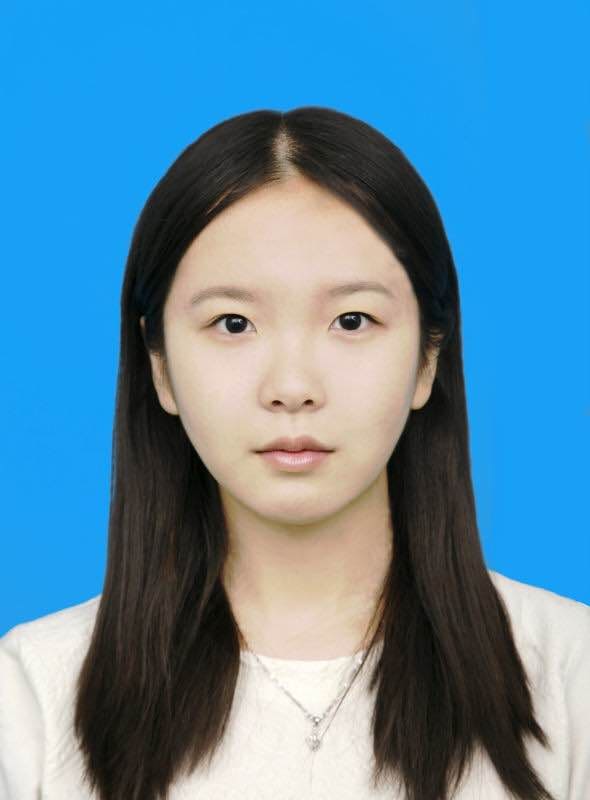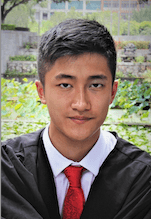PGG
PGG is a suite of databases and toolkit focusing on the diverse research fields of human Population Genomics and Genetics (PGG). Currently, the suite includes 2 databases (PGG.Population and PGG.SNV) and 1 web toolkit (PGG.Tools, under construction). PGG.Population is a database for understanding genomic diversity and genetic ancestry of human populations. It includes miscellaneous functions and a friendly graphical user interface to visualize genomic diversity, population relationship, ancestral makeup, footprints of natural selection, and population history etc. PGG.SNV is database for understanding evolutionary and medical implications of human single nucleotide variation (SNV) on population levels. It now documents more than 300,000 genomes and 10 billion allele frequencies records for diverse human ethnic groups. PGG.Tools is a web-based toolkit or servers for analyzing huge genomic data. Currently, it is under construction.
On the other hand, PGG denotes our research group name. Officially set up in January 2012 by Prof. Dr. Shuhua Xu at the Partner Institute for Computational Biology, The Max Planck Independent Research Group on Population Genomics (PGG) focused on population genomics research of human admixture history and biological adaptation to the local environment. Population Genomics is a disciplinary to infer population genetic and evolutionary parameters from genome-wide data sets. The ultimate goal of this research group is to understand microevolution mechanisms in human, while genetic admixture was taken as a cut-in point to pursue this ambition. Dr. Xu's group is using computational approaches and developing new methods to dissect genetic architecture of human populations, quantitatively characterize their admixture features, and reveal their migration history and adaptive divergence.
On the other hand, PGG denotes our research group name. Officially set up in January 2012 by Prof. Dr. Shuhua Xu at the Partner Institute for Computational Biology, The Max Planck Independent Research Group on Population Genomics (PGG) focused on population genomics research of human admixture history and biological adaptation to the local environment. Population Genomics is a disciplinary to infer population genetic and evolutionary parameters from genome-wide data sets. The ultimate goal of this research group is to understand microevolution mechanisms in human, while genetic admixture was taken as a cut-in point to pursue this ambition. Dr. Xu's group is using computational approaches and developing new methods to dissect genetic architecture of human populations, quantitatively characterize their admixture features, and reveal their migration history and adaptive divergence.
Publication
[1] Chao Zhang#, Yang Gao#, Zhilin Ning#, Yan Lu#, Xiaoxi Zhang, Jiaojiao Liu, Bo Xie, Zhe Xue, Xiaoji Wang, Kai Yuan, Xueling Ge, Yuwen Pan, Chang Liu, Lei Tian, Yuchen Wang, Dongsheng Lu, Boon-Peng Hoh, Shuhua Xu*. PGG.SNV: understanding the evolutionary and medical implications of human single nucleotide variations in diverse populations. Genome Biology (2019), 20:215.
PGG.SNV Team
Contact us
Group: Max-Planck Independent Research Group on Population Genomics
Institution: CAS-MPG Partner Institute for Computational Biology (PICB), Shanghai Institutes for Biological Sciences (SIBS), Chinese Academy of Sciences (CAS)
Address: 320 Yue Yang Road, Shanghai, China
Postcode: 200031
Email: pggadmin@picb.ac.cn
Institution: CAS-MPG Partner Institute for Computational Biology (PICB), Shanghai Institutes for Biological Sciences (SIBS), Chinese Academy of Sciences (CAS)
Address: 320 Yue Yang Road, Shanghai, China
Postcode: 200031
Email: pggadmin@picb.ac.cn

Funding
The Strategic Priority Research Program (XDB13040100) and Key Research Program of Frontier
Sciences (QYZDJ-SSW-SYS009) of the Chinese Academy of Sciences (CAS) to S.X., the National
Natural Science Foundation of China (NSFC) grant (91331204 and 31711530221 to S.X.; 31501011 to Y.L.),
the National Science Fund for Distinguished Young Scholars (31525014 to S.X.), the Program of
Shanghai Academic Research Leader (16XD1404700 to S.X.), and the National Key Research and
Development Program (2016YFC0906403 to S.X.); Science and Technology Commission of Shanghai
Municipality (STCSM) (14YF1406800 to Y.L.); S.X. is Max-Planck Independent Research Group Leader
and member of CAS Youth Innovation Promotion Association. S.X. also gratefully acknowledges the
support of the National Program for Top-notch Young Innovative Talents of The "Wanren Jihua" Project.
The funders had no role in study design, data collection and analysis, decision to publish, or
preparation of the manuscript.
Visiting statistics

 USER GUIDE
USER GUIDE STATISTICS
STATISTICS TOOLS
TOOLS UPDATE
UPDATE ABOUT
ABOUT SUITE DB
SUITE DB


















